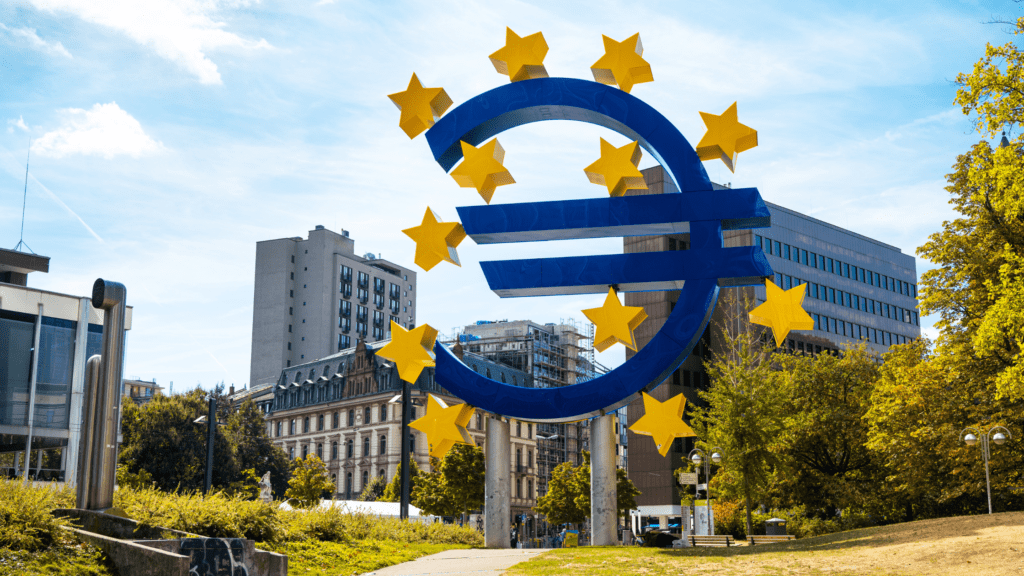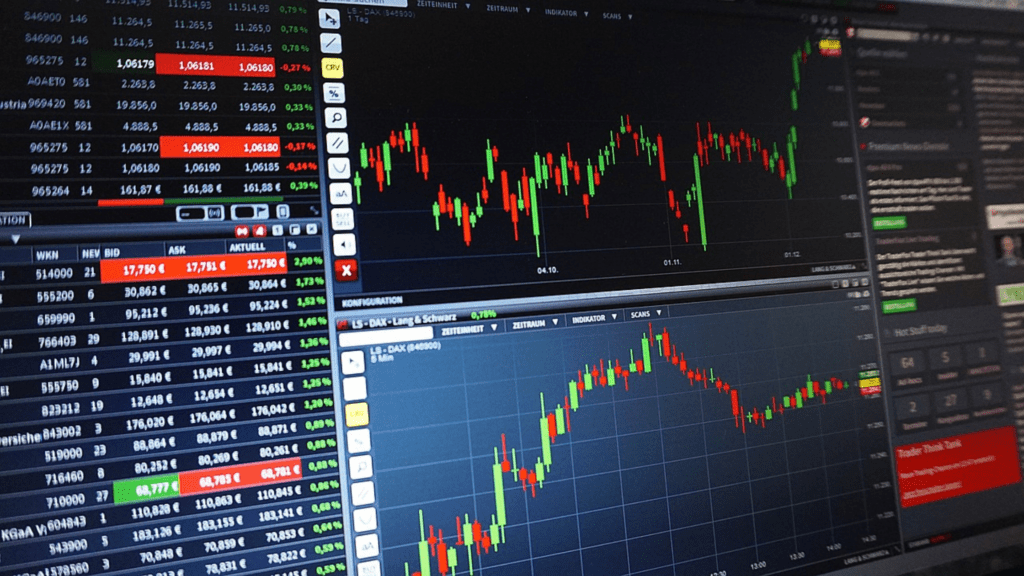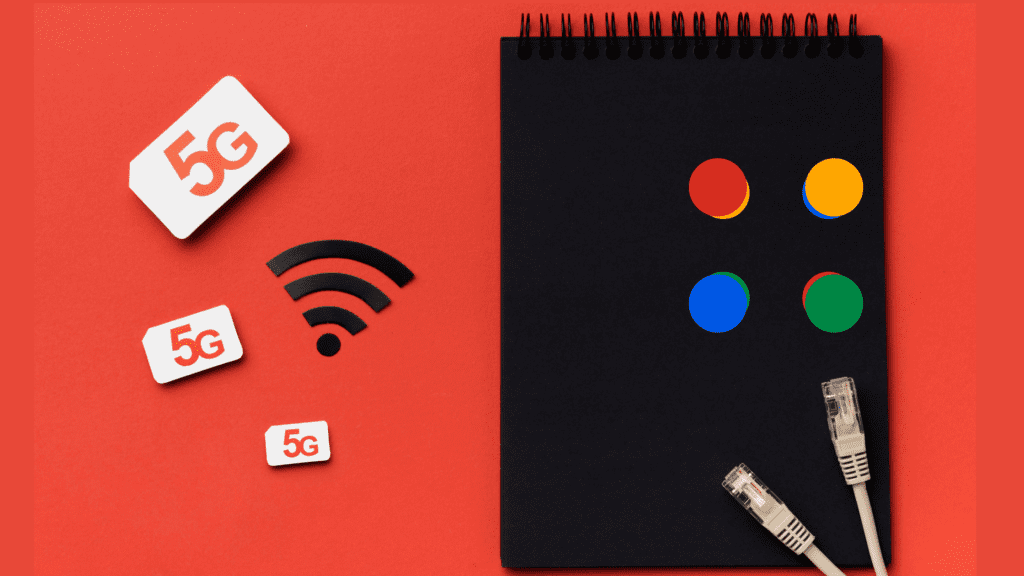European Investment Bank Launches Initiative to Boost Funding for EU Tech Start-Ups
The European Investment Bank (EIB) announced a new proposal on Monday aimed at closing the funding gap for innovative start-ups in Europe. This initiative, presented to finance ministers at a meeting in Luxembourg, seeks to strengthen the EU’s venture capital and private equity markets. The EIB’s strategy is part of a broader effort to keep promising tech companies in Europe, countering the trend of start-ups relocating to the United States where funding opportunities are more accessible. As part of the plan, the EIB aims to expand the European Tech Champions Initiative, a fund of funds that was launched last year to support European innovators with late-stage capital. This initiative focuses on scaling up European unicorns—high-potential companies with unique ideas that have reached a valuation of over a billion euros. By offering additional support, the EIB hopes to foster the growth of these start-ups within Europe and help them achieve their full potential on the continent. In addition to expanding existing funds, the EIB has proposed new avenues for investment, including increased equity and venture debt investments, as well as the creation of a dedicated fund for financing acquisitions and public listings of tech start-ups by European firms. EIB President Nadia Calviño emphasized the importance of this initiative, stating, “We’re focused on ensuring that European companies, technologies that are born in Europe, stay in Europe. We want to invest in Europe’s champions, in Europe’s unicorns, and strengthen the continent’s competitiveness through a robust capital market.” The EIB’s funding strategy is also designed to keep Europe competitive with global powers like China and the United States, especially in the race for climate-friendly technologies. The EU has set ambitious goals to reach net-zero CO2 emissions by 2050, and this investment plan is seen as a way to support innovations that contribute to these environmental targets. By boosting funding for tech start-ups, the EIB hopes to position Europe as a leader in the transition to a sustainable future. President Calviño highlighted the widespread support for this plan, noting that there is “unanimous agreement at the technical level” on the need to deepen and integrate Europe’s capital markets. She added that there is a growing political momentum behind the initiative, which could provide the necessary support for European start-ups to thrive, ensuring that Europe remains a competitive player in the global tech landscape.





